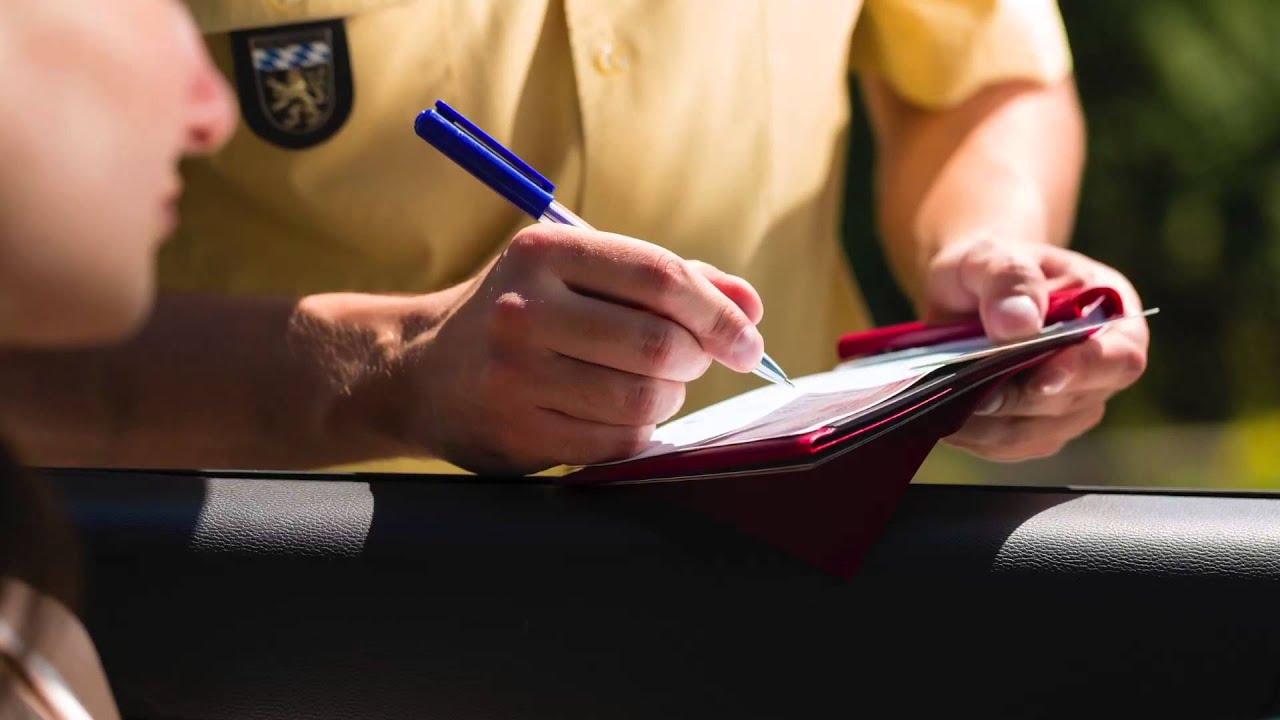How to Contest a Speeding Ticket in the UK: A Step-by-Step Guide

Introduction
Speeding tickets are a common issue for drivers in the UK, often resulting in fines and penalty points on one's driving record. While many accept the penalties without question, it's important to know that you have the right to contest a speeding ticket if you believe it was issued unfairly. Understanding the process and your options can make a significant difference. Consulting with speeding offence lawyers can provide invaluable guidance throughout this process. This guide will walk you through the steps to effectively challenge a speeding ticket, ensuring you are well-prepared to defend your case.
Understanding Speeding Tickets
Speeding tickets in the UK are issued primarily through speed cameras and police patrols. The two main types of tickets are the Fixed Penalty Notice (FPN) and the Notice of Intended Prosecution (NIP). An FPN is usually handed out on the spot for minor offences, while an NIP is sent by mail for more serious cases or when the offence is caught on camera.
Penalties for speeding offences can vary based on the severity of the violation. Minor speeding can result in a £100 fine and three penalty points, whereas more severe cases might lead to higher fines, more points, or even a court appearance. Understanding the specifics of your ticket is crucial before proceeding to contest it. Consulting with speeding offence lawyers can help clarify the implications and guide you on the best course of action.
Assessing the Situation
Before contesting a speeding ticket, it’s essential to evaluate its validity. Start by checking the details on the ticket for any errors, such as incorrect speed, location, or time. Next, consider the accuracy of the speed detection device used. Speed cameras and radar guns must be correctly calibrated and maintained. If you suspect a malfunction, request calibration records.
Look at the road conditions and signage where the offence occurred. Were speed limits clearly marked? If the signs were obscured or missing, this could be a valid defence. Gathering evidence is key. Take photos of the area and note any details that support your case. Consulting with speeding offence solicitors can provide expert advice on gathering and presenting this evidence effectively.
Gathering Evidence
To build a strong defence against a speeding ticket, you need solid evidence. Start by collecting documents related to the incident. This includes the ticket itself, any correspondence from the authorities, and your driving record. Obtain calibration records for the speed detection device used; these can reveal if the device was improperly maintained or faulty at the time of your alleged offence.
Photographic evidence is also crucial. Take clear pictures of the location, focusing on speed limit signs and any factors that might have affected your speed. Witness statements can further support your case, especially if they can attest to conditions or events that contradict the ticket's claims. Speeding offence lawyers can help you identify the most relevant evidence and how to use it effectively in your defence.
Preparing Your Defence
When preparing to contest a speeding ticket, identifying possible defences is crucial. Common defences include incorrect speed measurement, emergency situations, and faulty equipment. For instance, if the speed detection device was not calibrated properly, it could provide grounds for dismissal.
If you were in an emergency, such as rushing someone to the hospital, this could also be a valid defence. Ensure your argument is supported by evidence and presented clearly. Honesty is vital; exaggerating or fabricating details can harm your credibility. Seeking advice from speeding offence lawyers can greatly enhance your defence strategy, as they have the expertise to navigate legal complexities and strengthen your case.
Submitting Your Appeal
Once your defence is prepared, it's time to submit your appeal. Respond promptly to the Notice of Intended Prosecution (NIP), indicating your intention to contest the ticket. You will then need to write a formal letter of appeal. This letter should clearly state your reasons for contesting the ticket, supported by the evidence you have gathered.
Include all relevant documentation, such as calibration records, photographs, and witness statements. Make sure your appeal is concise, factual, and well-organized. Submitting a thorough and well-supported appeal increases your chances of success. Working with speeding offence solicitors can ensure your appeal is properly formatted and includes all necessary details, significantly improving your odds of a favourable outcome.
Attending the Court Hearing
If your appeal is not successful or if the offence is considered serious enough to warrant a court hearing, you will need to attend court. During the hearing, present your case clearly and confidently. Be prepared to explain your defence and provide evidence supporting your claims.
Court hearings can be intimidating, but having speeding offence solicitors by your side can make a significant difference. They understand the legal intricacies involved and can advocate on your behalf. They will ensure your defence is presented effectively and may negotiate with prosecutors for a favourable outcome.
Conclusion
Contesting a speeding ticket in the UK can be a complex process, but understanding your options and preparing effectively can significantly improve your chances of a favourable outcome. By carefully assessing the validity of your ticket, gathering strong evidence, and presenting a well-prepared defence, you can challenge the charges against you.
Throughout this process, the expertise of speeding offence lawyers can be invaluable. They can provide guidance on building a solid defence, navigating legal procedures, and making informed decisions about alternative options like Speed Awareness Courses. Whether you're contesting a ticket in court or seeking to avoid penalty points, having professional support can make a substantial difference in the outcome of your case. Stay informed, seek professional advice, and drive safely to avoid future issues.
- Art
- Causes
- Crafts
- Dance
- Drinks
- Film
- Fitness
- Food
- Jogos
- Gardening
- Health
- Início
- Literature
- Music
- Networking
- Outro
- Party
- Religion
- Shopping
- Sports
- Theater
- Wellness
